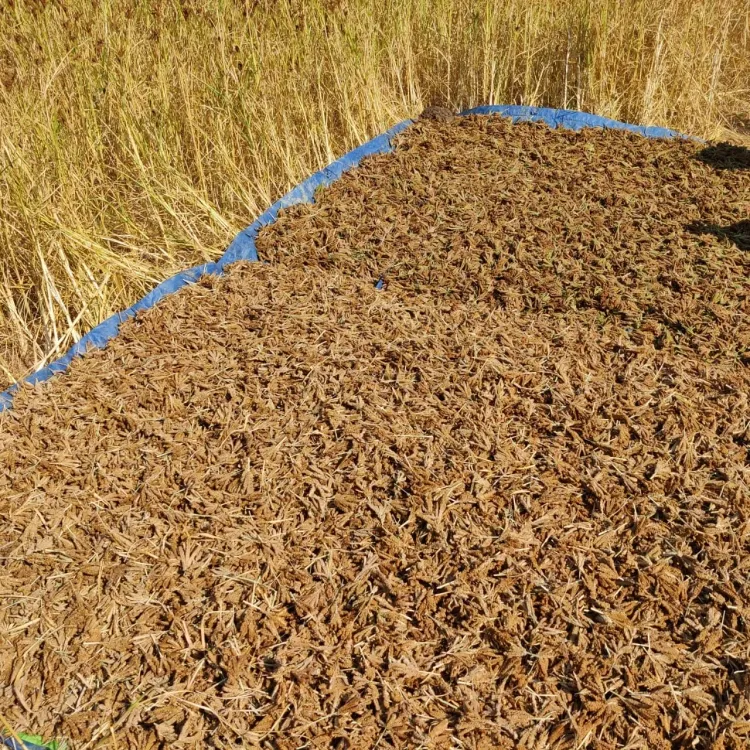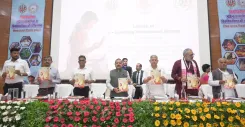Has India’s Millet Standard Gained Global Recognition at a Meeting in Rome?

Synopsis
Key Takeaways
- India's leadership in developing global millet grain standards is recognized.
- The initiative is supported by other co-chairs including Mali, Nigeria, and Senegal.
- New standards for fresh turmeric and broccoli are in the pipeline.
- The Codex Trust Fund supports capacity-building for less active member nations.
- India's proactive role in food safety enhances its global standing.
New Delhi, July 19 (NationPress) India’s pivotal role in establishing a group standard for whole millet grains received significant recognition during the 88th Session of the Executive Committee of the Codex Alimentarius Commission (CCEXEC88), which took place at the FAO Headquarters in Rome, Italy from July 14-18, as stated on Saturday.
The committee evaluated the advancements in this initiative, which is led by India along with Mali, Nigeria, and Senegal as co-chairs, according to a statement from the Health Ministry.
The terms of reference for this endeavor were finalized during the 11th Session of the Codex Committee on Cereals, Pulses and Legumes (CCCPL11) held in April 2025.
CCEXEC88 thoroughly assessed the initiatives led by India regarding new standards for fresh dates, as suggested by the 23rd session of Codex Committee on Fresh Fruits and Vegetables (CCFFV23) in February this year.
The Executive Committee commended the efforts of CCFFV and India in finalizing these standards, endorsing them for further approval at the 48th session of the Codex Alimentarius Commission (CAC48), scheduled for November 2025.
India is set to co-chair new work proposals aimed at developing standards for fresh turmeric and fresh broccoli.
India actively engaged in discussions regarding the monitoring framework for the Codex Strategic Plan 2026–2031, where SMART Key Performance Indicators (KPIs) were established for endorsement at CAC48.
The ministry highlighted the country’s recommendation for monitoring indicators to be outcome-based and measurable. India also shared its capacity-building initiatives for neighboring nations like Bhutan, Nepal, Bangladesh, Sri Lanka, and Timor Leste, which have received recognition from the FAO.
Notably, India has chaired the Codex Committee on Spices and Culinary Herbs (CCSCH) since its inception in 2014.
India encouraged less active Codex member nations to leverage the Codex Trust Fund (CTF) for mentorship and twinning programs.
Drawing from successful CTF-supported training initiatives with Bhutan and Nepal, India proposed incorporating such training efforts as indicators for achieving strategic objectives.









